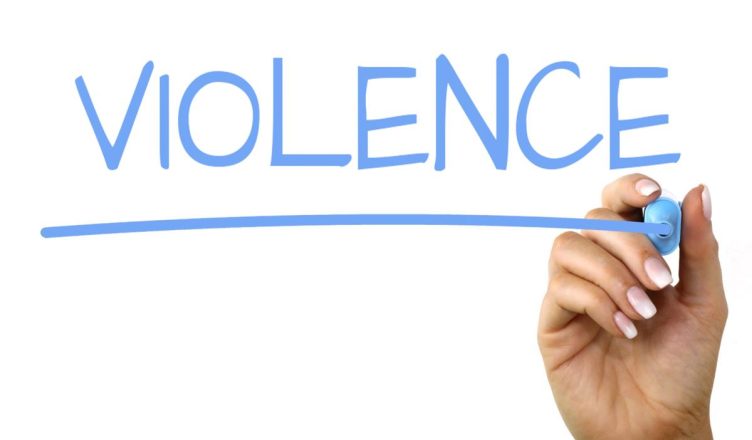November 25th was White Ribbon Day to mark Ending Violence Against Women and Girls. It is followed by 16 days of action around gendered violence. This includes a number of Reclaim the Night demonstrations. Reclaim the Night had its origins in Leeds in 1977 when Peter Sutcliffe, the Yorkshire Ripper, was on the rampage, killing thirteen women including sex workers. The police instructed women to stay away from public spaces at night. In response to this the first Reclaim the Night march was organised. Reclaim the Street marches mobilise against street harassment and sexual violence and to reclaim spaces that are seen as off-limits to lone women.
Violence against women is expressed not just in sexual harassment in the street, in the workplace and in educational establishments but in domestic violence, which affects one in four women and is the cause of many women’s deaths. It is expressed on the internet with the distribution of sexually explicit images, known as revenge porn. Many young men grow up believing that it is quite alright to abuse and humiliate women sexually because of this. Above all it is expressed in times of war when mass rape, physical and psychological abuse by armed forces is used to intimidate, humiliate, and control. In times of war women face this as well as displacement, with their children being the largest group in refugee camps around the world. In addition, we have the example of Gaza where an estimated 50,000 pregnant women cannot get the services, treatment, and medications they need to safely deliver babies. As a result, maternal deaths will increase. The stress of war will also result in a rise in miscarriages, stillbirths, and premature births.
Rampant sexism, exploitation and violence have been perpetrated by officers in every police force in the UK – although the Met has received the most critical publicity. How is it acceptable that the ‘Guardians of law and order’ are consistently the perpetrators of misogynistic violence? Rape, murder, and sexual harassment of women have been regular activities of police officers for a very long time and the authorities and media say “Oh dear – how terrible” although nothing changes.
It is starkly expressed under theocratic regimes like Iran and Afghanistan. Here the adoption of sharia law has led to the practice of child marriage, a form of violence against girls. Girls escaping this situation have been shot and killed. Sexual violence is used in Iran against female prisoners arrested in the recent waves of protest against the regime. We cannot forget the murder of Mahsa Amini and Armita Geravand by the morality police.
In India too there have been horrific rapes and murders of women leading to the development of protest movements. In Uttar Pradesh 400,000 women have taken part in the Gulabi Gang to defend women against male violence, by direct action.
The struggle against the patriarchal system has brought about the growth of movements in reaction to these horrors on a global level.
Patriarchy is intimately entwined with and predates capitalism and imperialism. It must be fought. In all these areas of violence against women, we must support women’s struggles for safety and for self-organisation to collectively defend ourselves. This might be in women’s groups within unions at the workplace, in local mutual aid groups, within domestic abuse and rape support groups, migrant / refugee support groups, housing campaign groups or wherever women can gather to defend themselves.
No libertarian communism without women’s liberation
No women’s liberation without libertarian communism

